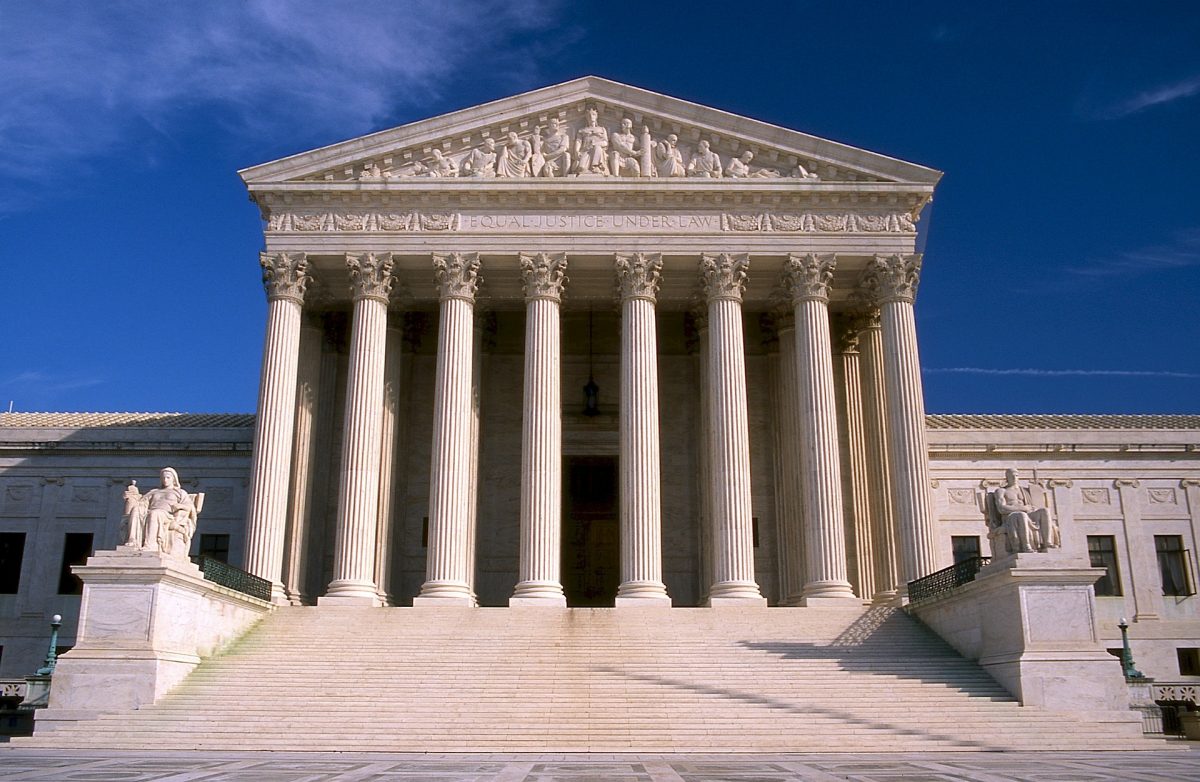After a week-long investigation, Brett Kavanaugh was sworn in as Supreme Court Justice on Oct. 6, for a lifelong seat with a 50-48 vote.
These turn of events are quite upsetting to Christine Blasey Ford, who shared her story of sexual assault and has become a hero to many, and a liar to others, after bringing forth her accusations against Kavanaugh.
Upon hearing of the list of Supreme Court nominees, she was reminded of a trauma that shaped her adolescence. The name “Brett Kavanaugh” was no longer a nightmare she tried to escape. It was reality. That name brought her back to being 15, pushed in a room, with her mouth meeting Kavanaugh’s hand as he attempted to rape her.
This story, one that once remained private in a room with her husband and therapist, returned six years later to 100 senators and became the topic of public debate in modern American politics.
Ford’s testimony was powerful, specific and gutting. It offered a painful recollection of what it’s like to be a woman in America. Ford did everything that could be asked of a witness. After all, the hearing wasn’t about her. It was about the man she accused of sexual assault.
Kavanaugh’s visible anger created a moment of forgetfulness among viewers. While he repeatedly mentioned the word “beer” (29 times, to be exact), Kavanaugh’s taste for beer made us forget that his testimony was his hearing to be voted into the Supreme Court.
His testimony begged a huge question: Why can’t we doubt him like we doubt Christine Blasey Ford?
Beyond placing belief between Kavanaugh and Ford, the political system in the United States demonstrated a deep divide. Beyond party affiliations, Ford displayed a credible and serious testimony. Ford told her story to several people over the years and even told Congress prior to Kavanaugh’s nomination. Furthermore, she pinpointed Kavanaugh’s hometown, the owner of the house she was assaulted in, and the name, and the part-time job, of his best friend at the time, Mark Judge.
Once Kavanaugh’s testimony began, he mentioned a striking reality. “I’m never going to get my reputation back,” he said. “My life is totally, and permanently altered.”
This described the suffering that scintillated down the spines of Ford and so many other sexual assault victims nationwide.
While President Donald Trump apologizes to Justice Brett Kavanaugh for the “terrible pain and suffering” he and his family were “forced to endure,” Christine Blasey Ford and her family won’t be able to return home for quite some time due to continuous death threats.
Ford retraumatized herself to fight a system that does not fight for women. This provides us with an upsetting truth: If Ford, “a highly educated, married, upper-middle-class white woman” can’t be enough to have an impact on how we perceive sexual assault victims, the effects are only worse for women with “fewer resources at their disposal,” wrote Katie Heaney of The Cut.
Despite an eight-hour hearing and an inconclusive FBI investigation, Kavanaugh was still appointed. It proves that the United States’ deep polarization has drowned us to the point where not even our Supreme Court’s ethics can circumvent justice. If not even those who belong to the United States’ highest court of law can be held accountable, who can?
Daniela Perez is a junior majoring in journalism and political science.







